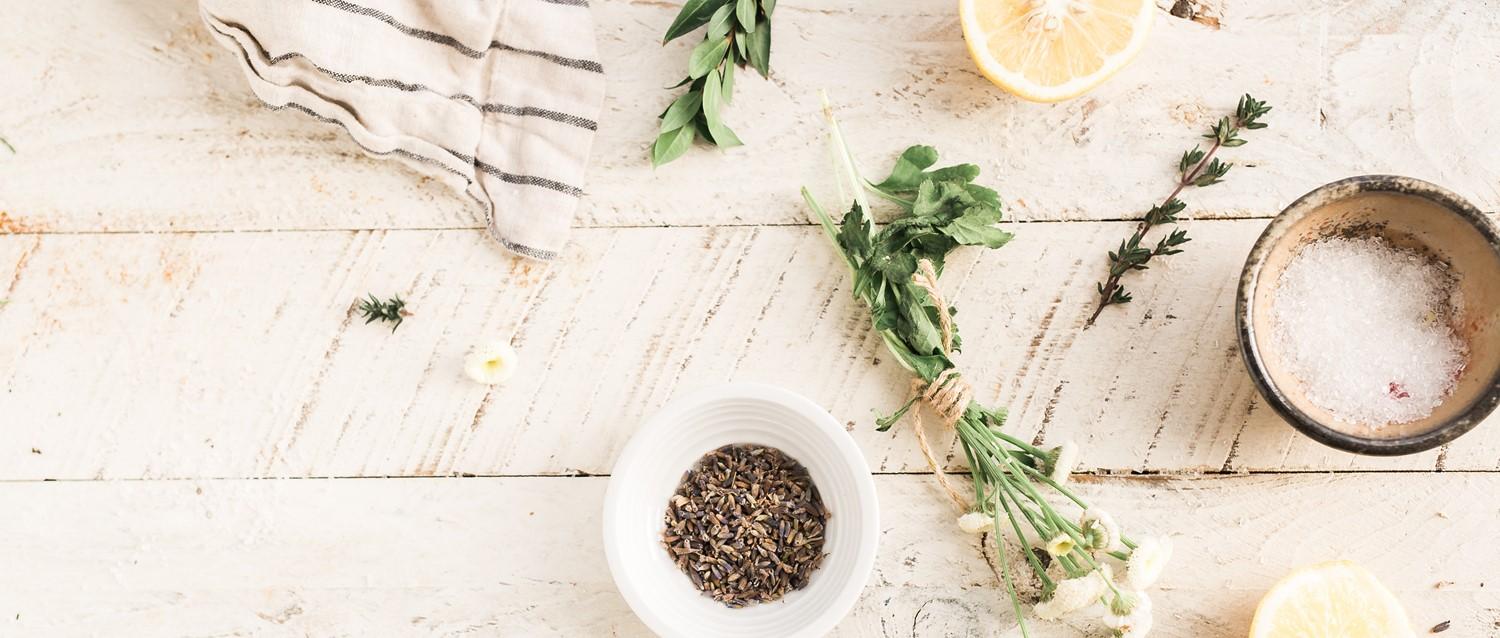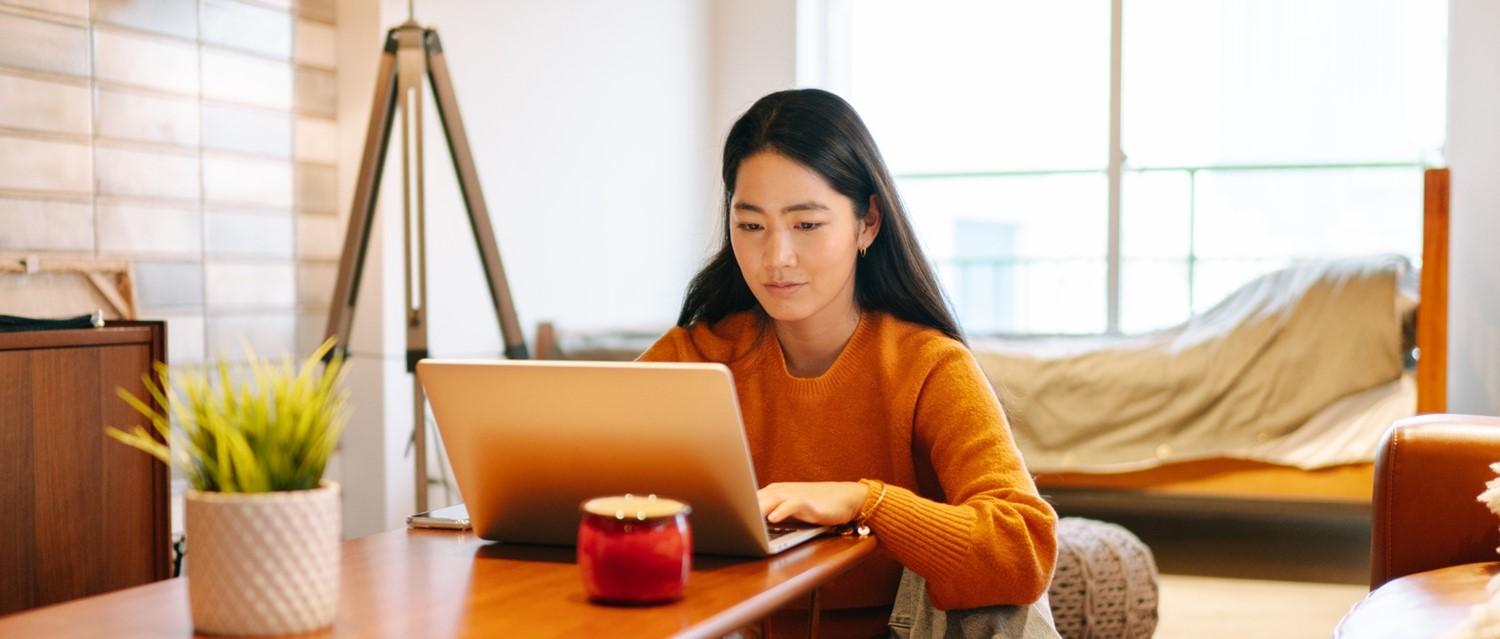
Les remèdes maison contre le coronavirus sont-ils sûrs ou efficaces ?
Peer reviewed by Dr Sarah Jarvis MBE, FRCGPAuthored by Sally TurnerOriginally published 18 Jun 2020
- TéléchargerTélécharger
- Partager
L'Internet regorge de remèdes maison non éprouvés contre le COVID-19. Nous examinons certains d'entre eux et découvrons ce qui fonctionne, ce qui ne fonctionne pas et ce qui est carrément dangereux.
Dans cet article :
Utilisez l'outil de vérification du coronavirus de Patient si vous présentez des symptômes de fièvre, une nouvelle toux ou une perte d'odorat ou de goût. Tant que vous n'avez pas utilisé l'outil et qu'on ne vous a pas conseillé les mesures à prendre, restez chez vous et évitez tout contact avec d'autres personnes.
If you or someone you care about come down with coronavirus (COVID-19), it's natural to want to do whatever you can to speed up the recovery process. But whilst it's tempting to Google miraculous claims and 'cure alls', it's vital to check your facts and follow medical advice before trying an alternative approach.
Poursuivre la lecture ci-dessous
Proceed with caution
Just because a product or practice is labelled as natural, herbal or antiviral doesn't necessarily mean it's safe. And mega-dosing or misusing substances purported to fight infection can be dangerous.
The level of misinformation on coronavirus is so widespread that the World Health Organization (WHO) has published a response. It busts some of the common myths that have been circulating about unconventional treatments. These include adding large amounts of pepper to your food, ingesting disinfectant, excessive alcohol consumption and subjecting yourself to excessively high or low temperatures. None of these so-called 'cures' will kill coronavirus and most are likely to do you serious harm.
Other potentially dangerous antiviral treatments doing the rounds include inhaling iodine vapour through a salt pipe and ingesting colloidal silver. Both can be toxic when absorbed by the body. Iodine vapour is also intensely irritating to mucous membranes. It can cause tightness of the chest, and headaches, and adversely affect the lungs and nasal membranes.
Michael Head is a senior research fellow in global health, at the University of Southampton. "Colloidal silver can cause your skin to turn a blue-grey colour (argyria)," he adds. "Misinformation can be very dangerous. Be very wary of individuals making claims that are not recommended by the NHS or a widely recognised professional body or society."
What is safe to try?
There is currently no specific medical treatment for coronavirus (COVID-19). However, you can relieve symptoms at home using standard medical treatments if you have mild to moderate illness. Getting plenty of sleep, eating healthily and managing stress levels can also help your body fight the infection.
Some less controversial home remedies might also be worth a try.
Paracetamol vs ibuprofen
At the beginning of the pandemic, news reports suggested that anti-inflammatory painkillers, such as ibuprofen, may make coronavirus worse. Current government guidance is that it is safe to take, although Dr Alex Standring, a GP at Dr Morton’s - the medical helpline, urges caution.
"Although the evidence is that ibuprofen is safe, I'd suggest taking paracetamol if you have a fever linked to COVID-19. It is less likely to interact with other medications ," she says.
Head adds, "The initial concerns around ibuprofen appear to have been unfounded, and indeed there is research ongoing to see if ibuprofen is in fact effective in treating COVID-19 patients."
A new form of ibuprofen may well be useful in the later stages of COVID-19 infection. Scientists in London are currently testing whether a particular type of ibuprofen called Flarin can help COVID-19 patients. The drug is produced differently to standard ibuprofen and protects the stomach. It may help patients avoid respiratory failure and the need for aggressive intervention such as ventilation. The LIBERATE trial is being led by Dr Richard Beale and is a collaboration between London's Guy's and St Thomas' NHS Foundation Trust, King's College London and SEEK, a proprietary drug research firm.
Vitamines et minéraux
There's plenty of evidence that nutrients from the food we eat can support the immune system, helping to prevent infection and aid recovery. Vitamins B6, C, D and zinc help keep invaders out and support the production of immune cells and antibodies.
"We don't have any real evidence that vitamin supplements are effective specifically against COVID-19 or other viruses," says Standring, "But certainly being seriously depleted in vitamins and minerals will adversely affect health.
"Some colds may be due to coronaviruses, and zinc has been shown to reduce the duration of colds," she continues. "Also, many people in the UK are likely to be deficient in vitamin D, as we need plenty of sunlight to produce it naturally. So supplementing vitamin D, particularly during the winter months, might be worthwhile for some." UK guidance, changed since the COVID-19 pandemic, now recommends that everyone over 1 year old consider a daily 10 microgram vitamin D supplement.
Some 'alternative health' websites suggest that taking vitamin C to bowel tolerance levels (until you get diarrhoea) is an effective means of flushing a virus out of the body.
"Vitamin C is unlikely to be harmful in higher doses," says Standring, "It's water-soluble and just comes straight out in your urine. But whether it helps to take more than the recommended daily amount is still unclear."
Head says there is no evidence of any protective or beneficial effects from vitamin C. "And whilst the associations between vitamin D and COVID-19 are interesting, we solely have correlations, and not yet any evidence of causation," he says.
Interestingly, a China-based clinical trial is determining whether mega doses of vitamin C can help counter COVID-19-related pneumonia. The study, which uses doses of up to 24 grams a day, will publish its results in September.
Choix des patients pour COVID-19

Poitrine et poumons
Boucliers : comment les personnes vulnérables peuvent-elles rester en sécurité lorsque les restrictions prennent fin ?
Pour des milliers de personnes qui ont maintenant un an et demi de blindage, la fin des restrictions officielles du COVID-19 signifie le début d'une nouvelle période angoissante. En l'absence de conseils officiels pour les personnes les plus exposées, beaucoup se sentent laissées pour compte - et certaines, délibérément exposées. Des experts donnent des conseils sur la façon de faire face à la situation jusqu'à l'arrivée des vaccins de rappel.
par Ellie Broughton

Poitrine et poumons
COVID-19
COVID-19 est une maladie infectieuse causée par un virus qui a été identifié pour la première fois en décembre 2019 à Wuhan, en Chine. Cette fiche traite des symptômes, des causes et du traitement du COVID-19.
par le Dr Doug McKechnie, MRCGP
Herbs and food supplements
Herbs and spices such as garlic, ginger, echinacea and turmeric have long been used to treat infections. Garlic contains allicin, a compound which helps immune cells to fight off microbial invaders.
"Garlic is great for the gut microflora as a prebiotic," says Standring. "It can support good gut bacteria which in turn support the immune system, but I wouldn't go consuming massive amounts!"
Head also suggests an age-old remedy for a sore throat. "Gargling or a teaspoon of honey are within NHS guidance for relief of symptoms like a sore throat. It should be noted they will not kill the virus itself, but can help to make the patient a little more comfortable."
A research study using herbs to treat COVID-19 is currently underway in the USA, headed up by Jeffrey Langland, a virologist and assistant research professor at Arizona's Biodesign Center for Immunotherapy, Vaccines and Virotherapy. But the results are not expected for some months.
"The evidence just isn't there yet for using herbs to treat serious infections," says Sandring. "Even if some are shown to have a positive effect, it's the potentially dangerous side effects and toxicity that are the issue."
Poursuivre la lecture ci-dessous
Regaining your sense of smell after COVID-19
Loss of smell and taste is now included on the official list of COVID-19 symptoms. If you've lost your sense of smell after a coronavirus infection and are concerned, it's worth trying 'smell training' at home, advises Standring.
"We think COVID-19 and other coronaviruses damage the nerve endings in the nose in some people," she explains. "The 'smell training' can help to restore normal function. Organisations such as Abscent teach you how to do this by using essential oils to re-awaken your smell sensors."
In general, people can expect to recover their sense of smell and taste within a couple of weeks of recovering from a coronavirus infection.
"And for those with longer-term issues, the experience with other viruses suggests two thirds will get their sense of smell and taste back within a year or so which is good news," adds Standring.
Historique de l'article
Les informations contenues dans cette page ont été évaluées par des cliniciens qualifiés.
18 Jun 2020 | Originally published
Auteur: :
Sally TurnerExaminé par des pairs
Dr Sarah Jarvis MBE, FRCGP

Demandez, partagez, connectez-vous.
Parcourez les discussions, posez des questions et partagez vos expériences sur des centaines de sujets liés à la santé.

Vous ne vous sentez pas bien ?
Évaluez gratuitement vos symptômes en ligne